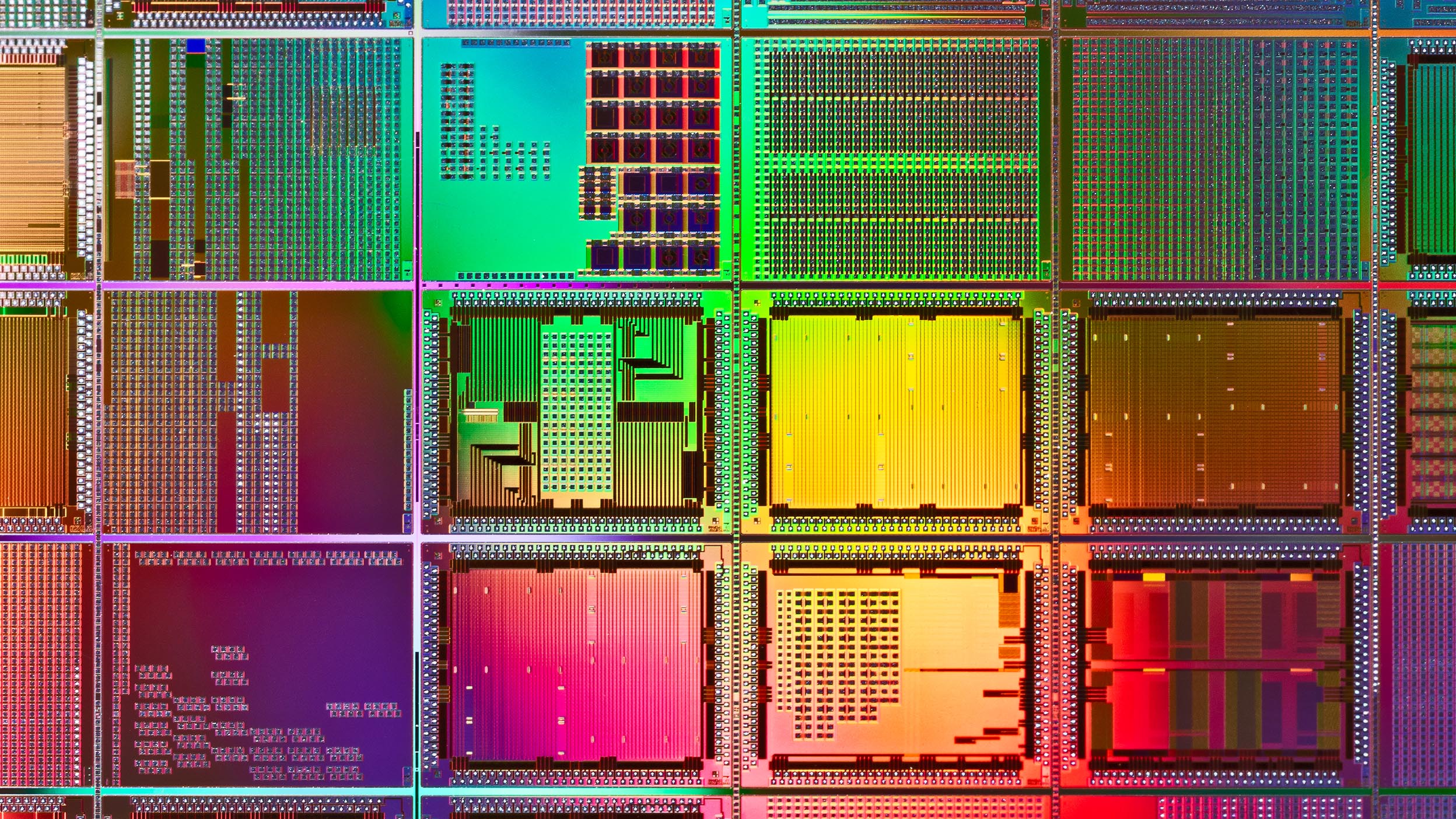
Investing Basics Why growth-oriented investors are rethinking 60/40 portfolios
Explore how shifting market dynamics challenges the 60/40 portfolio, prompting new allocation strategies like QQQ.
Learn why exchange-traded funds (ETFs) can be a smart investment choice.
Exchange traded funds (ETFs) are a type of investment that can provide you with diversified exposure to a certain focused area or sector of the market. Typically, ETFs are designed to closely track a particular market index like the S&P 500 or the Nasdaq-100. ETFs are ‘pooled fund’ investments (meaning the assets of many individual investors are pooled together to purchase the fund’s holdings).
By owning shares in the ETF, you gain exposure to its holdings without owning the underlying assets. ETFs can offer a convenient way to help achieve diversification that can help reduce the overall investment risk of your portfolio.
Certain funds and portfolios, particularly the Invesco ETFs, in and of themselves do not qualify as diversified investment strategies.
There are ETFs available for a wide range of investment choices — from tracking domestic and international stock indexes, to market sectors and even commodity indexes. ETFs offer a way for you to invest broadly across an area of the market you’re interested in or care about through a single bundled investment. They also tend to be passively managed, rather than active, and generally have low fees.
Unlike other investment vehicles, ETFs do not require a large minimum investment. And because they’re traded on exchanges, like stocks, you can get started by purchasing just a single share if you want.
Low cost: Since ordinary brokerage commissions apply for each ETF buy and sell transaction, frequent trading activity may increase the cost of ETFs.
ETFs combine some of the key benefits of mutual funds (broad diversification and sector-specific strategies) with the flexible trading of stocks. They typically carry lower fees than mutual funds, as well as greater transparency.
ETFs offer greater trading flexibility and control compared to mutual funds (which are priced only once daily at market close). ETFs offer real-time pricing, their holdings are disclosed daily, and they can be traded anytime throughout the day — giving you far more control over buying and selling shares.
And perhaps most importantly, ETFs have simple, transparent pricing and expenses — no multiple share classes or fee structures.
Investors should be aware of the material differences between mutual funds and ETFs. ETFs generally have lower expenses than actively managed mutual funds due to their different management styles. Most ETFs are passively managed and are structured to track an index, whereas many mutual funds are actively managed and thus have higher management fees. Unlike ETFs, actively managed mutual funds have the ability react to market changes and the potential to outperform a stated benchmark. Since ordinary brokerage commissions apply for each ETF buy and sell transaction, frequent trading activity may increase the cost of ETFs. ETFs can be traded throughout the day, whereas, mutual funds are traded only once a day. While extreme market conditions could result in illiquidity for ETFs. Typically they are still more liquid than most traditional mutual funds because they trade on exchanges. Investors should talk with their financial professional regarding their situation before investing.
Transparency: Most ETFs disclose their holdings daily.
You can invest in ETFs through your trading platform of choice, or with your financial professional. If you need additional help investing in Invesco’s QQQ ETF, click here to find out more.
When buying or selling ETF shares, there are a few trading tips you may want to consider. If possible, avoid transactions at the open and close of the market — when prices tend to be more volatile. In a similar vein, try to pre-determine the price points at which you want to buy or sell shares, using limit orders rather than market orders. Also, investing in ETFs that have a significant enough daily trading volume may help to minimize the spread between ‘bid’ and ‘ask’ prices.
The Invesco QQQ ETF tracks the Nasdaq-100 Index--an index comprised of the 100 largest non-financial companies listed on the Nasdaq exchange (based on market cap). Not only does Invesco QQQ provide access to some of the most innovative companies all in one fund, it’s one of the oldest (established in 1999) and largest ETFs (with more than $407 billion in assets). And it’s rated the third best-performing large-cap growth fund (3 of 390) based on total return over the past 15 years by Lipper, as of December 31, 2025.
Fund assets as of December 31, 2025.
Lipper fund percentile rankings are based on total returns, excluding sales charges and including fees and expenses, and are versus mutual funds, ETFs and funds of funds in the category tracked by Lipper. Source: The Lipper one-year rank 11% (72 of 707), five-year rank 10% (61 of 609), 10-year rank 3% (11 of 500), 15-year rank 1% (3 of 390) as of December 31, 2025.

Explore how shifting market dynamics challenges the 60/40 portfolio, prompting new allocation strategies like QQQ.

Find answers to your ETF investing questions with expert advice from Invesco. Catch up with our helpful ETF investing for beginners guide.

Because the distinctions between these two similar passive indexing approaches are subtle, choosing either an index fund or an ETF often comes down to a matter of personal preference, comfort, and availability

The diversification of investments holds power in many environments, although it may not fully eliminate risk during market downturns.

Discover why investing matters and how it can potentially protect your money from inflation through compounding. Includes key strategies to balance risk and reward.

Learn why ETFs can be a smart investment choice and how Invesco QQQ provides access to some of the world's most innovative companies.

Select what best describes you: